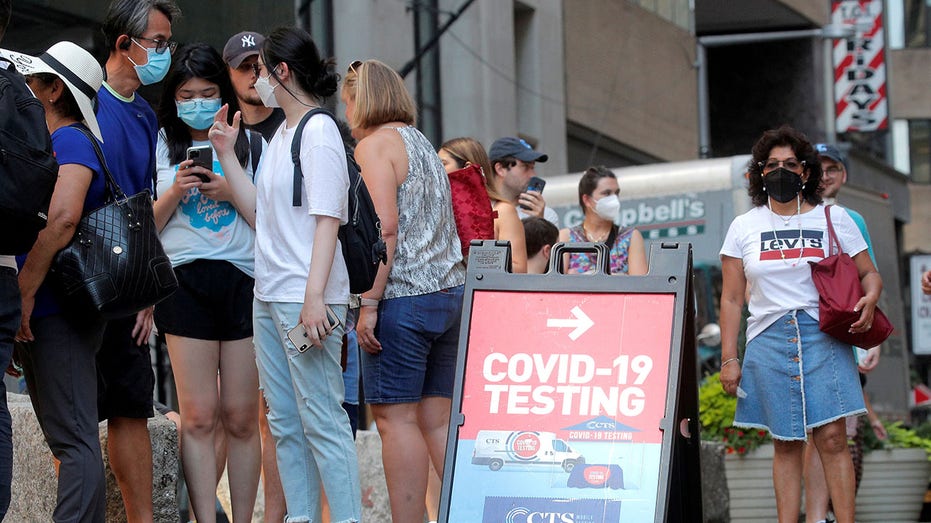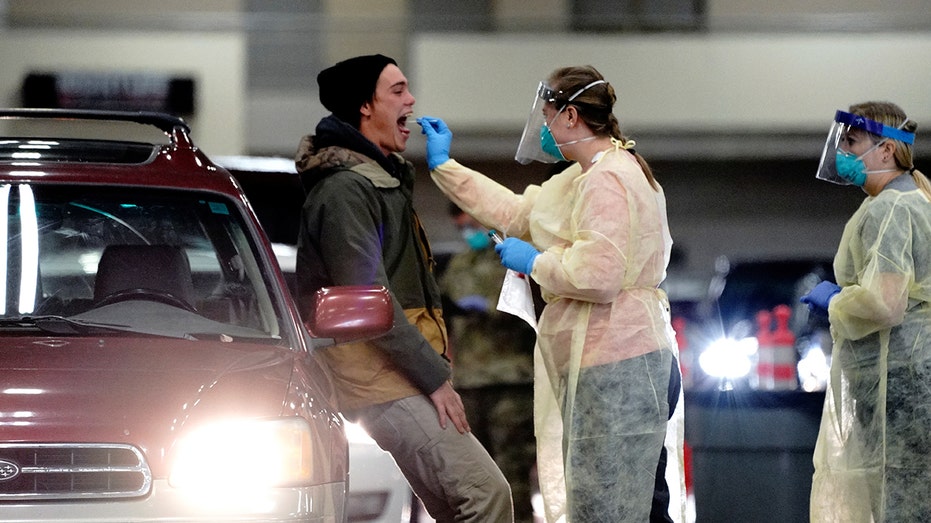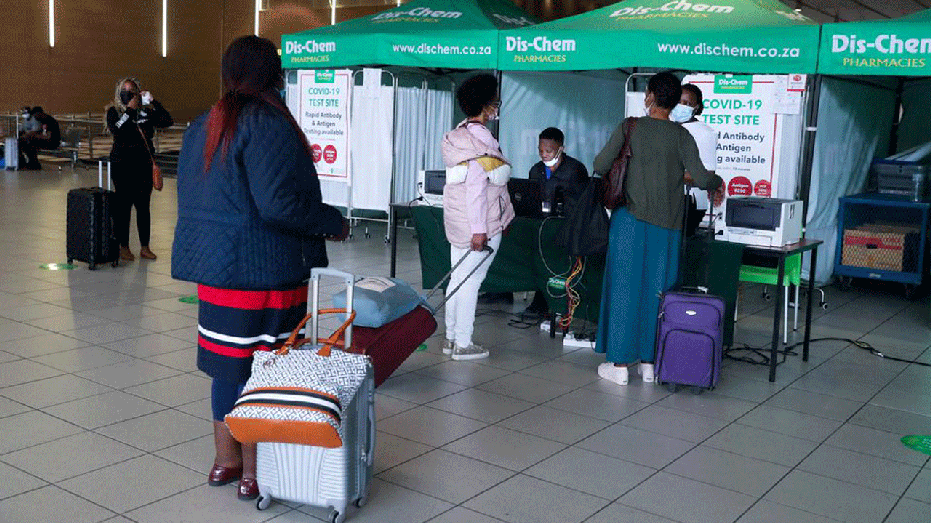Americans have ‘had it’ with COVID: Dr. Frank Contacessa
Northwell Health Internist Dr. Frank Contacessa discusses the new COVID-19 strain.
Some uninsured Americans will soon be on the hook for COVID-19 treatments and testing after the Biden administration and Congress allowed a federal program that reimbursed providers for virus-related care to expire this week.
The White House said it will end the reimbursement program, which was set up in March 2020 under then-President Trump, because it has exhausted its funding. Money from the program went toward paying hospitals and other health care providers for the treatment, testing and vaccination of those without insurance, regardless of immigration status.
THESE STATES ROLLED BACK THEIR GASOLINE TAXES. OTHERS COULD FOLLOW
"Providers will no longer be able to submit claims for providing these services to uninsured individuals, forcing providers to either absorb the cost or turn away people who are uninsured, increasing the disparity in access to critically needed health care and putting additional burdens on safety net providers," the White House said in a statement last week.

People line up for a COVID-19 test at a mobile testing van in New York City, Aug. 27, 2021. (REUTERS/Brendan McDermid / Reuters Photos)
Over the course of two years, the program paid out more than $18 billion to providers for testing, treating or vaccinating uninsured people, with $11.4 billion going toward covering testing, $5.8 billion to treatment and $1.6 billion to vaccinations.
Americans without insurance will have until April 5 to receive the vaccination for free, at which point the Health Resources and Service Administration stops accepting reimbursement claims. The program stopped accepting claims for the treatment and testing of uninsured people on Tuesday.
The White House and hospitals have urged lawmakers to approve more funding for the program.
Earlier this month, Biden team officials urged Congress to allocate another $22.8 billion in emergency funding for COVID-19 response measures, including funding the reimbursement program and replenishing supplies of vaccines and antibody drugs, warning of "severe consequences" if lawmakers failed to do so.

A person receives a throat swab from a healthcare worker at a drive-thru testing site inside the Bismarck Event Center as the coronavirus disease (COVID-19) outbreak continues in Bismarck, North Dakota, Oct. 26, 2020. (REUTERS/Bing Guan / Reuters Photos)
"Inaction will set us back in this fight, leave us less prepared, and cost us more lives," the White House said.
Congress failed to do so, however, when Republicans and Democrats hit an impasse over how to pay for the proposal: GOP lawmakers wanted to repurpose COVID-19 relief money that states had not yet spent, while Democrats balked at the idea.
There are roughly 28 millions who do not have health insurance, according to the Census Bureau.
Without the reimbursement program, the medical bills for uninsured COVID-19 patients hinges on the hospital prices – which often vary dramatically – and federal aid qualifications.

Passengers queue to get a PCR test against the coronavirus disease (COVID-19) before traveling on international flights, at O.R. Tambo International Airport in Johannesburg, South Africa, Nov. 26, 2021. (REUTERS/Sumaya Hisham / Reuters Photos)
"We support the administration’s request for additional funding to ensure that the health care system has the resources it needs to continue to care for patients, especially as we continue to manage COVID-19 in communities across the nation," said Molly Smith, vice president of policy for the American Hospital Association.
GET FOX BUSINESS ON THE GO BY CLICKING HERE
The winter spike in COVID cases has largely dwindled in the U.S.
But the Biden administration has said that it is closely monitoring the spread of the fast-spreading "stealth variant" of BA.2, a subvariant of omicron. BA.2 has forced new waves of restrictions in China, which has a zero-COVID policy, and has spread rapidly throughout much of Europe.
Source: Read Full Article
